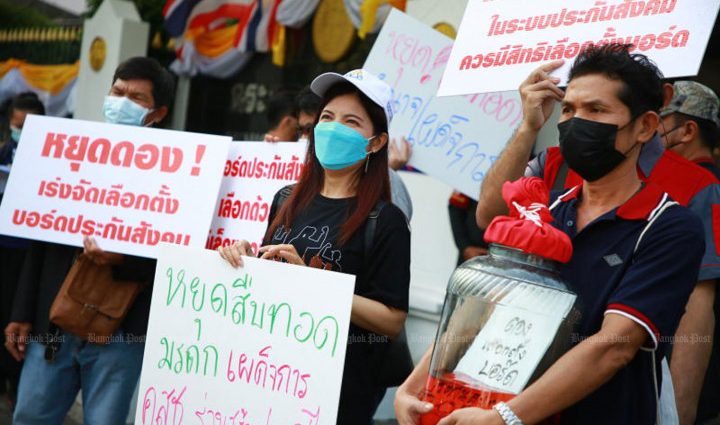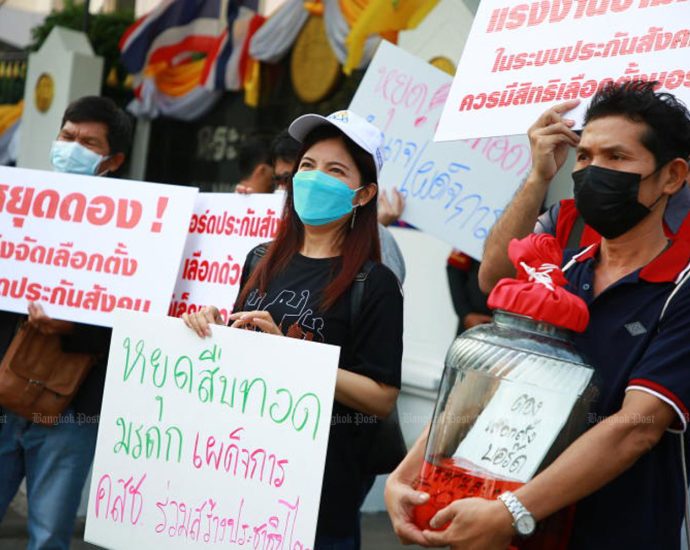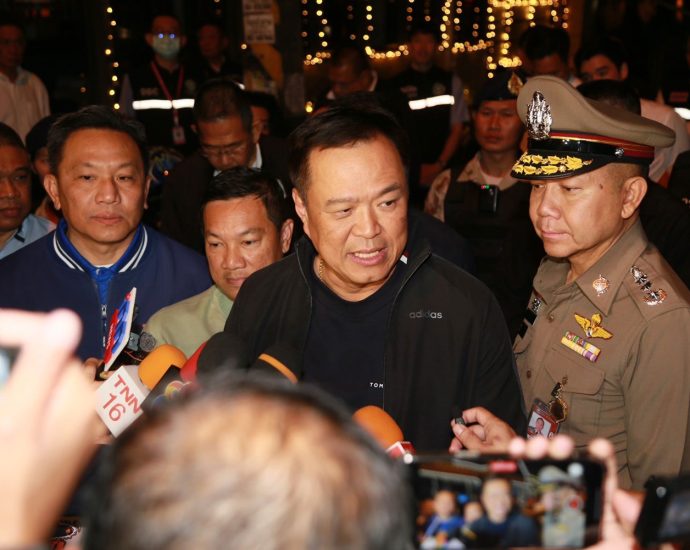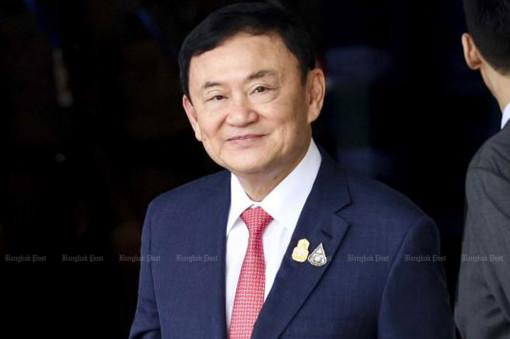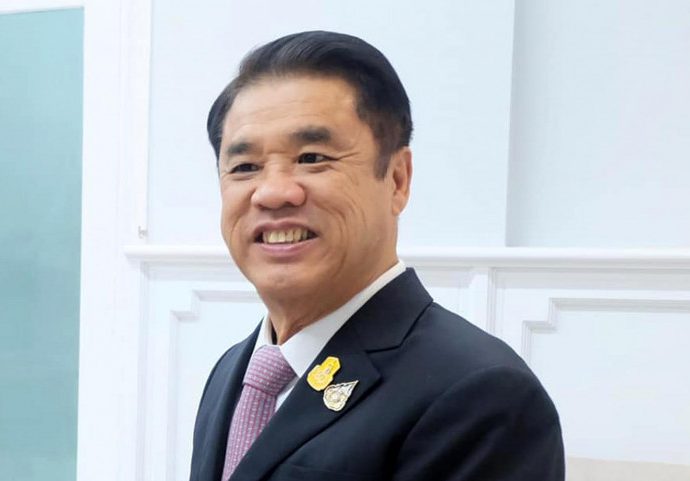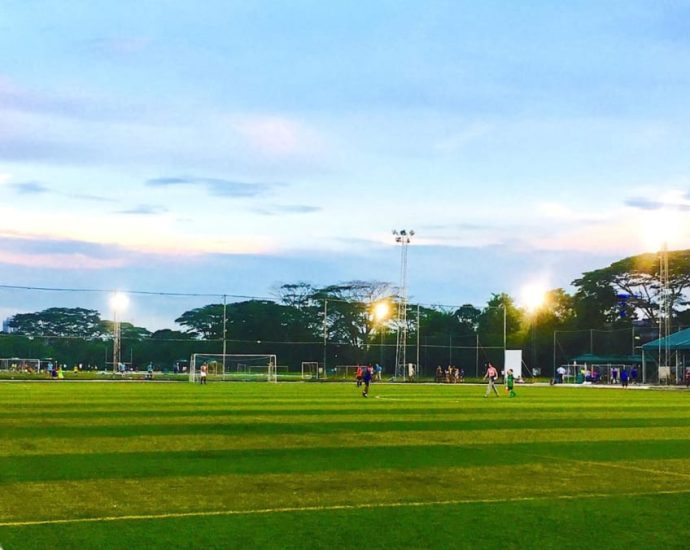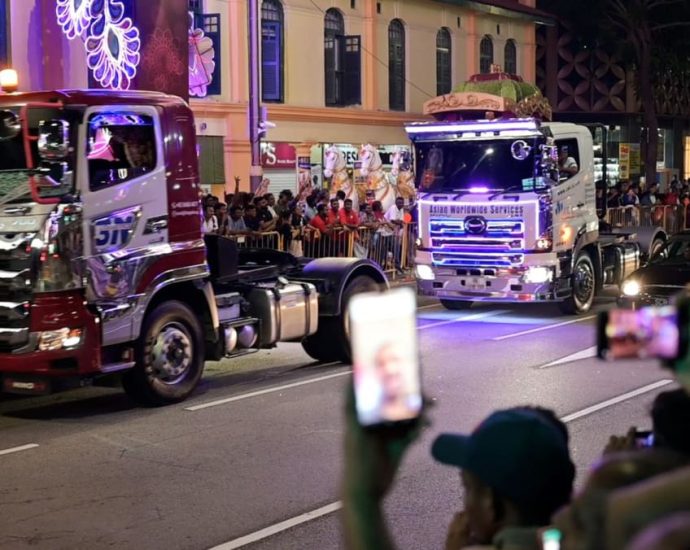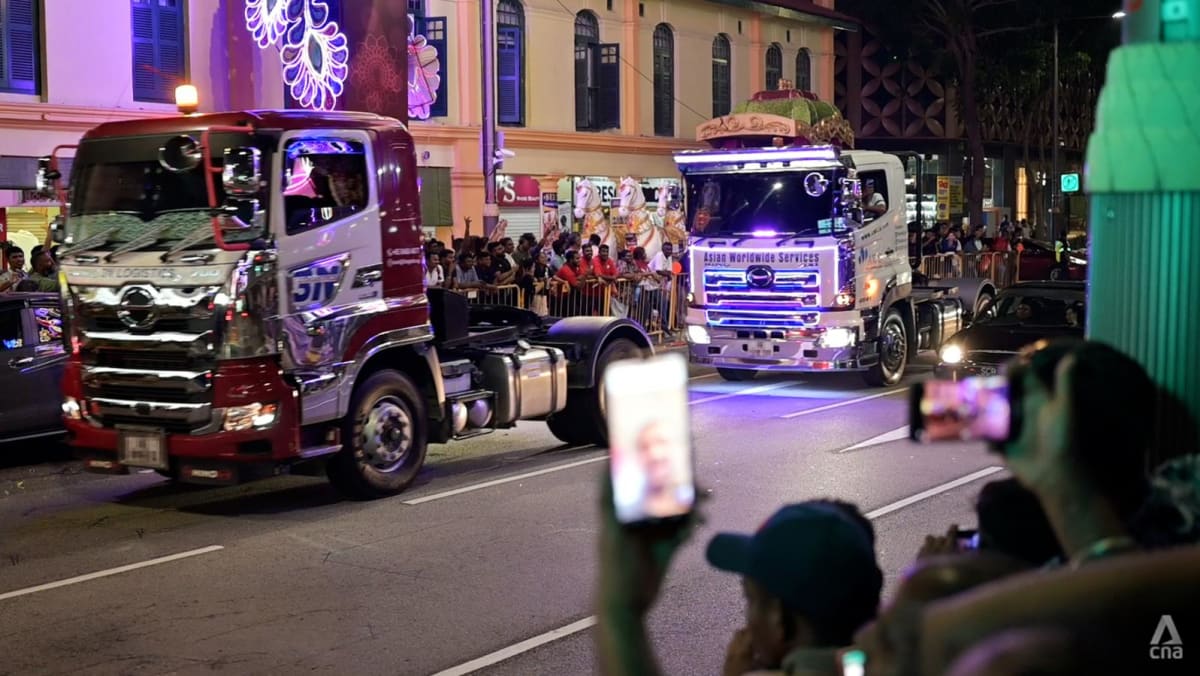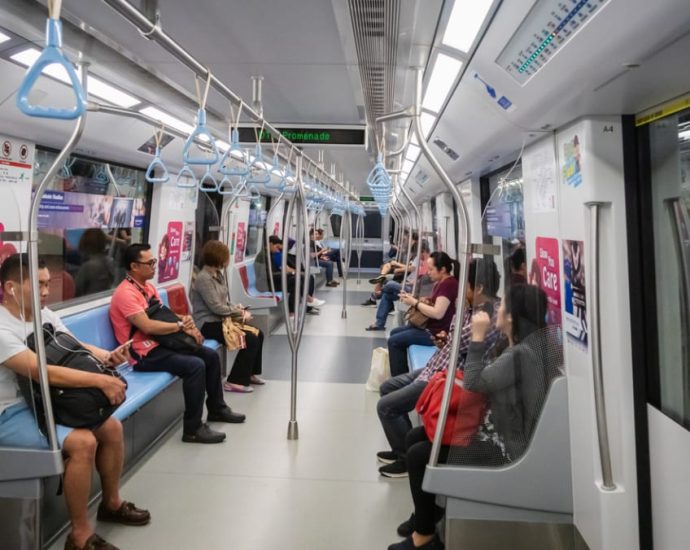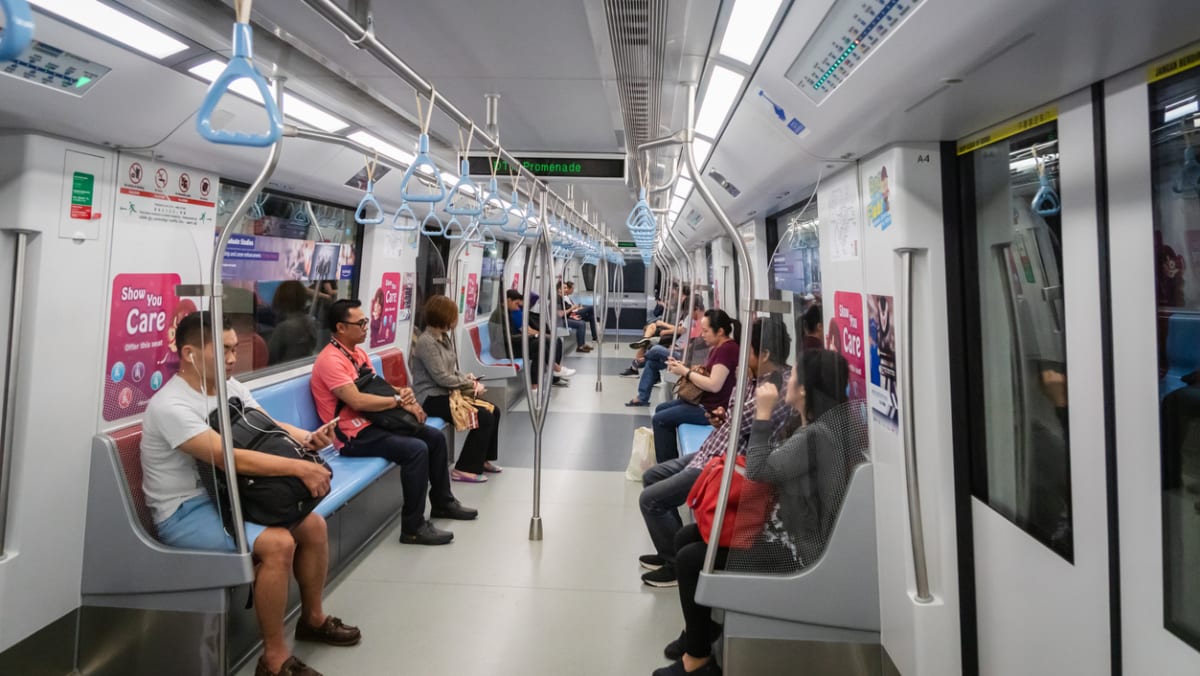Social Security Fund members set to cast vote for board
PUBLISHED : 23 Dec 2023 at 08:00

Over 800,000 Social Security Fund (SSF) members are expected to cast their vote in the first-ever election of Social Security Board members on Sunday.
Social Security Office (SSO) secretary-general Boonsong Thapchaiyuth said on Friday that about 850,000 members have registered to vote.
However, the number is quite low compared to the total number of 12 million SSF members nationwide.
The SSO set aside a budget of 207 million baht for the election. By law, the board consists of related ministries — such as labour, finance, interior, and public health — the Budget Bureau, and employers and employees.
The election is for SSF members to select seven representatives and for employers to also select seven to work on managing a 2.4-trillion-baht fund.
Mr Boonsong said that this election applies the “one man, one vote” method, similar to a general election.
Ten teams consisting of 288 people applied to be representatives of employees. Each voter can choose up to seven candidates from any team, he said.
For the employer side, there are 66 candidates. The SSO prepares 934 polling stations for eligible voters nationwide.
Prof Worawet Suwanrada, a lecturer at the Faculty of Economics, Chulalongkorn University and an employee candidate, said he is one of those driving the pension scheme for the elderly. He also wanted to use his knowledge to stabilise the fund and bring more benefits to it.
“In the future, the SSF will face a new challenge because the new generation prefers to work outside the system — such as being self-employed or working as freelancers. The SSF should also extend its benefits to cover those groups of people,” he said.
In addition, he also wants members of the SSO to have the same benefits as members of the universal health care scheme of the Public Health Ministry.
Asst Prof Sustarum Thammaboosadee from Thammasat University — who applied to be a candidate of the Progressive Social Security team that is supported by the Move Forward Party — urged people to vote and consider all candidates from his team, which is comprised of different groups of people including activists from disabled groups and labour unions.
However, one voter expresses concern over the cost of travelling to the voting station. He said he would skip the election because the nearest voting station is still far from where he lives.

